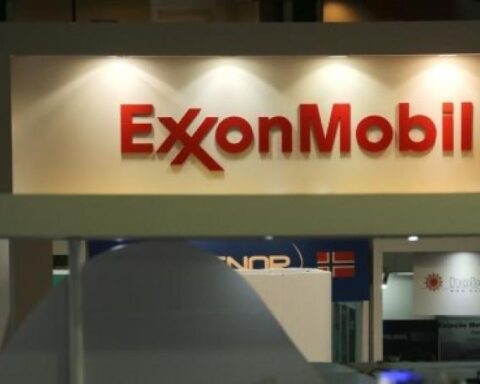IRVING, Texas – The emissions projection described in the story as planned annual emissions growth was a preliminary, internal assessment of estimated cumulative emission growth through 2025 and did not include the mitigation and abatement measures that would have been evaluated in the planning process. Furthermore, the projections identified in the leaked documents have significantly changed, a fact that was not fully explained or prominently featured in the article.
ExxonMobil is committed to mitigating emissions in its operations. As the company increases production to meet the world’s growing demand for energy, it continuously evaluates growth plans and works to minimize emissions.
The Bloomberg report also downplayed data in the document that illustrated how ExxonMobil has been successful in mitigating emissions in the past. As demand returns and capital investments resume, growth plans will continue to include meaningful emission mitigation efforts.
ExxonMobil’s greenhouse gas emissions and its progress in mitigating those emissions is publicly available in the company’s annual Energy and Carbon Summary.
Greenhouse gas emissions from facilities in operation since 2009 have decreased more than 20 percent – or approximately 28 million tonnes — primarily due to optimization, energy efficiency improvements, and reductions in flaring, venting and fugitive emissions.
ExxonMobil’s Energy and Carbon Summary describes the steps the company is taking to responsibly develop new resources to meet energy demand, while also minimizing environmental impacts. In the report, the company provides specifics on mitigating emissions from our operations, including goals to reduce methane emissions and flaring.
In 2018, the company announced targets to reduce methane emissions by 15 percent and flaring by 25 percent by the end of this year, and it is on track to meet those targets.
Overall, the company has invested approximately $10 billion since 2000 on technology and programs to improve efficiency and reduce emissions, including the development and deployment of carbon capture and storage where ExxonMobil has more than 20 percent of the world’s capacity. These investments helped eliminate or avoid more than 400 million tonnes of CO2 emissions, which is the equivalent to the annual energy-related CO2 emissions of more than 46 million average U.S. homes.”
#About ExxonMobil
ExxonMobil, one of the largest publicly traded international energy companies, uses technology and innovation to help meet the world’s growing energy needs. ExxonMobil holds an industry-leading inventory of resources, is one of the largest refiners and marketers of petroleum products, and its chemical company is one of the largest in the world. To learn more, visit exxonmobil.com and the Energy Factor.
Follow us on Twitter and LinkedIn.
Cautionary Statement: Statements of future events or conditions in this release are forward-looking statements. Actual future results, including project plans, schedules for operations, production rates, the impact of technology, and emissions from operations could differ materially due to: changes in market conditions affecting the oil and gas industry or long-term oil and gas price levels; political or regulatory developments; restrictions in trade, travel or broader government responses to first or subsequent waves of COVID-19; the outcome of future exploration and development efforts; unexpected technological breakthroughs or challenges; the outcome of research efforts and the ability to scale current or future technologies on a cost-effective basis; and other factors cited under the caption “Factors Affecting Future Results” on the Investors page of our website at exxonmobil.com and under Item 1A. Risk Factors in our annual report on Form 10-K and quarterly reports on Form 10-Q.





